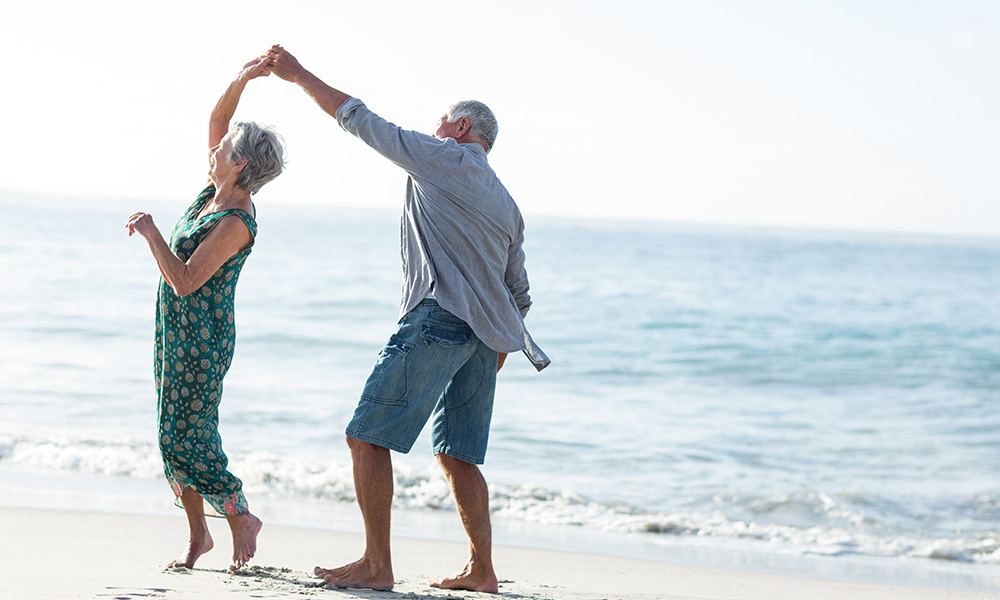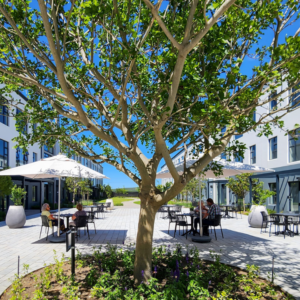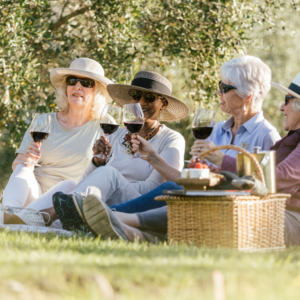
3 ways to reduce your cancer risk
When it comes to cancer, there are some risk factors we can’t control (like age and family history) but fortunately, there are also a number of factors we can do something about. In fact, according to World Cancer Day (WCD), about 33% of cancer cases can be prevented by reducing certain behavioural and dietary risks.
Here’s a look at some lifestyle changes you can make that will not only have a positive impact on your overall health, but can help to reduce your cancer risk, too.
1. Kick the habit
If you’re a smoker, here are a few good reasons to stub out that cigarette for good: According to CANSA, “Tobacco-related diseases kill over 44 000 South Africans and seven million people worldwide annually, of which close to 900 000 are non-smokers dying from breathing second-hand smoke…” They also say that using tobacco increases the risk of over 18 types of cancer, including cancer of the lungs, bladder, kidney and stomach. If you’re not sure how to go about quitting on your own, chat to your GP about a suitable stop-smoking programme for you.
2. Be physically active
Exercising regularly is not only good for your overall health and wellbeing, it can also help to reduce your risk of developing certain cancers, including breast and colon cancer. But how much exercise should you do? For substantial health benefits, Mayo Clinic recommends that you get “at least 150 minutes a week of moderate aerobic activity or 75 minutes a week of vigorous aerobic activity.” So, aim to do about 30 minutes (or more) of physical activity each day – whether that’s joining a walking group, taking a water aerobics class, walking the dog or going to the gym.
3. Choose non-alcoholic beverages
When it comes to reducing your cancer risk, here’s why you may want to reach for a glass of sparkling water with lemon instead of a glass of wine: According to WCD, “The evidence that all types of alcoholic drinks are a cause of a number of cancers is now stronger than ever before.” And CANSA states that it “advocates against the consumption of alcohol in any form, be it beer, wine or distilled spirits.” They go on to say that “Any level of alcohol consumption increases the risk of developing an alcohol-related cancer; the level of risk increases in line with the level of consumption.”
Other steps you can take to help reduce your cancer risk include maintaining a healthy weight, eating a healthy diet, going for regular medical check-ups and staying safe in the sun.




